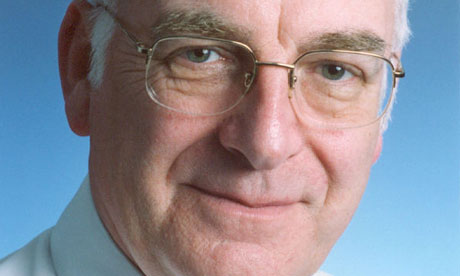Dr Alastair Noble, director of the Center for Intelligent Design in Glasgow, says ID is ‘consistently misrepresented as a religious position’ and he’s ready to engage the debate on the grounds of actual evidence, according to this article at the UK’s Guardian.
